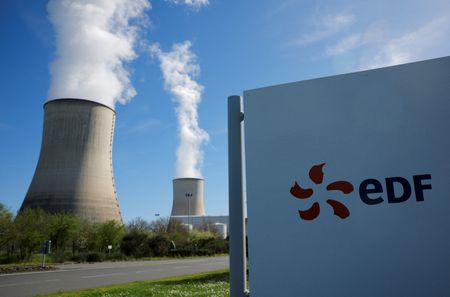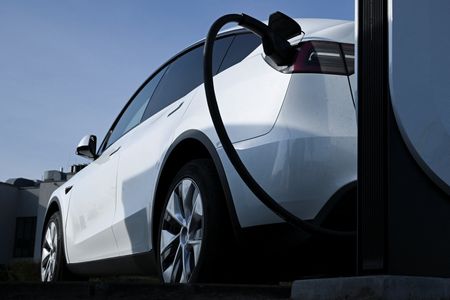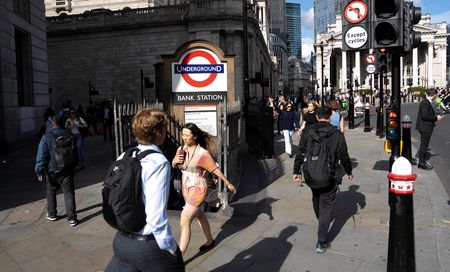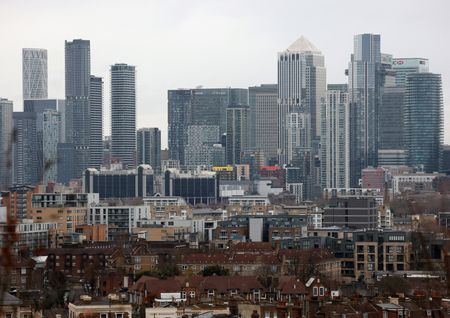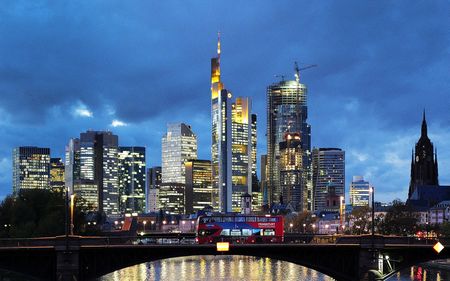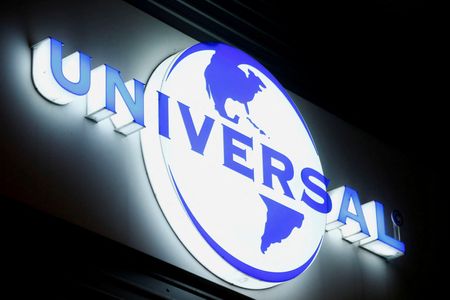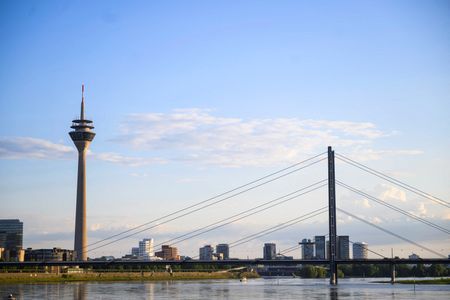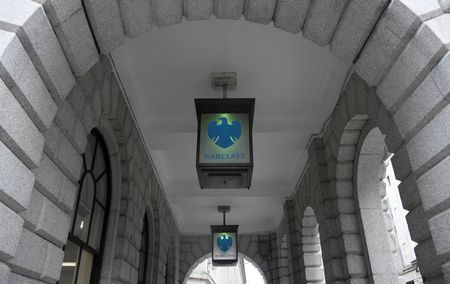PARIS (Reuters) – France is “far from ready” to build six nuclear reactors, the state’s top audit body said on Tuesday, underlining the challenges the country faces in rejuvenating its ageing fleet of nuclear power plants.
French President Emmanuel Macron announced a plan in 2022 for state-owned utility EDF to build six European pressurised reactors (EPRs).
The cost was estimated at 51.7 billion euros ($52.73 billion), but revised up to 67.4 billion in 2023 on higher raw material and engineering costs.
EDF planned to update that estimate by the end of last year but has not done so publicly.
Construction is expected to get underway in 2027 but with financing for the project still uncertain, the supply chain has not been able to prepare for such a large construction programme, raising the risk of failure, the Court of Auditors said in its report.
France gets about 70% of its power from nuclear plants, but many of its ageing reactors will soon need to be retired.
It is also hoping to export its expertise amid revived interest in nuclear energy globally, and to demonstrate the efficiency of its new simplified EPR model, known as EPR2.
While the estimated budget for the new reactors has increased, it remains much lower than other recently completed projects, based on what EDF hopes will be efficiencies won from building a series of plants.
Although the industry has started to prepare for construction of the EPR2s, it faces many challenges, not least uncertainty over financing, the audit report said.
French officials are working on plans to provide an interest-free loan to EDF to finance a significant portion of the construction, Reuters has reported, but the plan has not yet been finalised.
“Delays and uncertainties…reduce the visibility that the players in the sector need to engage in industrial projects of this magnitude and obtain financing,” said the audit body.
It added that “the accumulation of risks and constraints could lead to a failure of the EPR2 programme”.
EDF responded that defining financing and regulation schemes with the state was a prerequisite for its final investment decision, which it previously said it was considering for early 2026.
EDF plans to take a final investment decision on the programme in early 2026.
The auditor predicted “mediocre” profitability of the recently launched Flamanville EPR, based on future power prices. It estimated the reactor cost around 23.7 billion euros, including financing.
EDF said that the competitiveness of the EPR2 programme would depend in part on the financing scheme that will be reached as part of the agreement between the state and the European Commission.
EDF said it considers it necessary to conclude a preliminary contract with the state to set the framework for the investments to be financed under this programme, prior to receiving authorisation from Brussels.
It added that EDF is also facing “a considerable increase” in costs at the UK’s Hinkley Point nuclear plant, which it is now shouldering alone after the withdrawal of Chinese partner CGN in 2023.
It should secure new investors in the project, before committing financing for Britain’s Sizewell C plant, it said.
EDF reiterated that its contribution to the financing of Sizewell C was subject to the fulfilment of certain conditions, including its stake capping at 20%.
($1 = 0.9805 euros)
(Reporting by Benjamin Mallet. Writing by Dominique Patton and Forrest Crellin. Editing by Christina Fincher)

